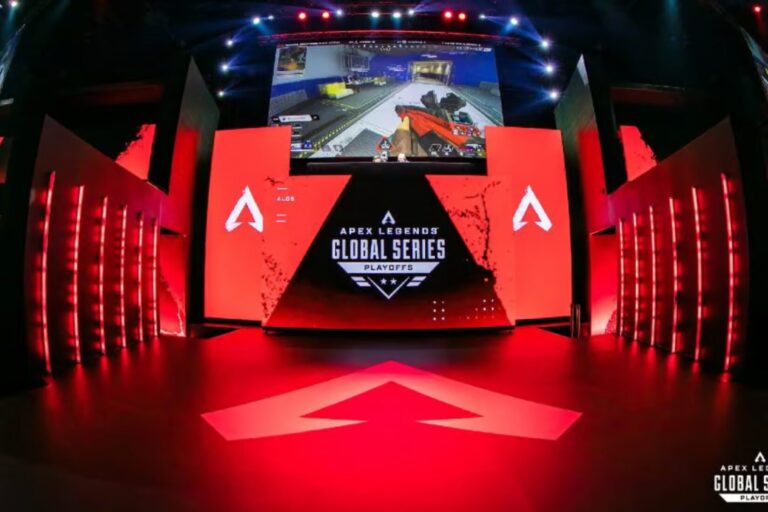The story of Fortnite esports prize winners is often reduced to one dazzling figure: Bugha’s $3 million victory at the 2019 World Cup. While that moment remains an icon in competitive gaming, there is more to explore than a single headline. The money, yes, was historic, but the editorial question is whether these winnings built a sustainable esports ecosystem or simply created a few overnight millionaires.
When we dig deeper into Fortnite’s prize history — more than $202 million distributed since 2018 — we see both triumph and turbulence. Players reached financial milestones that rival any esport, yet many faded into obscurity within a few short years. The real story is not just about money earned, but about what those earnings represent for careers, communities, and the future of Fortnite as an esport.
Quick Look
The World Cup Peak

Source: Esportscharts
The 2019 Fortnite World Cup is still the centerpiece of Fortnite’s competitive timeline. With $30 million at stake, it set records that shocked even veteran esports watchers. Bugha’s solo dominance, Aqua and Nyhrox’s duo victory, and Psalm’s runner-up story captured mainstream attention like few tournaments ever had.
Yet from an editorial lens, the World Cup was both a blessing and a burden.
- Blessing: It proved Fortnite could compete with established giants like Dota 2 and CS:GO, turning teenagers into instant celebrities and showing the cultural power of gaming.
- Burden: It created expectations Epic Games never matched again, making every subsequent tournament feel like a downgrade.
This contradiction has haunted Fortnite’s scene ever since. The World Cup launched the game into the esports stratosphere, but it also left behind a shadow so large that even FNCS — the backbone of competitive Fortnite — struggles to live up to it.
Millionaires Made, but Sustainability Questioned – Fortnite esports prize winners

Looking at the top Fortnite earners, the gap between the very top and the rest becomes clear. Bugha, Aqua, TaySon, and Kami are among the select few to surpass the million-dollar mark in winnings. Their journeys highlight both the opportunity Fortnite provided and the volatility of relying on prize money alone.
- Bugha leveraged his World Cup fame into a lasting career, blending competitive consistency with streaming and sponsorships.
- Aqua walked away early, proving that sudden wealth can end careers as much as sustain them.
- Others like Kami and TaySon built their status steadily, proving FNCS could still crown champions even without a global stage.
But for every millionaire, hundreds of others earned modest sums despite countless hours of dedication. Editorially, this raises a tough question: did Fortnite’s competitive structure reward too few while failing to provide a sustainable ladder for the wider community?
Regional and Generational Realities- Fortnite esports prize winners

Two striking patterns emerge when examining Fortnite’s biggest winners: regional dominance and youthful careers.
- Europe consistently produced the deepest pool of talent, with players like Aqua, Anas, and TaySon dominating across multiple seasons.
- North America gave us Bugha and EpikWhale, but lacked the same consistency in depth.
- South America, though smaller in prize totals, produced moments of magic, such as k1ng’s breakout performance at just 13 years old.
The generational factor is equally significant. Fortnite is a young player’s game. The top earners average just 22.5 years old, with most reaching their peaks in their mid-teens. Veterans are rare, and long careers are almost nonexistent. This highlights Fortnite’s editorial paradox: it makes stars quickly, but often burns them out just as fast.
The FNCS Era – Fortnite esports prize winners

Since the World Cup, Fortnite’s competitive identity has shifted toward FNCS tournaments, which deliver regular payouts but lack the cultural spectacle of 2019. Players like Peterbot have thrived under this system, collecting nearly a million dollars in just two years through consistent performances.
But editorially, FNCS tells us something important: Fortnite no longer aims to shock the world with single, record-breaking events. Instead, it has settled into a rhythm where:
- The stage is smaller.
- The prize pools are steady but unspectacular.
- The audience is passionate but less mainstream.
This stability is not inherently bad. It provides opportunities for new names to rise, as seen with Peterbot’s recent dominance. But it also means Fortnite risks losing its place as an esports headline-maker, remembered more for past glories than present innovation.
Conclusion: What the Winners Teach Us
The story of Fortnite esports prize winners is ultimately about more than who earned what. It’s a narrative about a game that redefined esports expectations, created instant millionaires, and then settled into something quieter, more modest, and perhaps more sustainable.
Editorially, the winners reflect both the magic and the fragility of Fortnite esports. Bugha will always be remembered as the golden child of 2019, while Peterbot symbolizes the current era of steady but less glamorous competition. The broader lesson is this: prize pools can spark legends, but without long-term vision, they fade as quickly as they rise. Fortnite’s winners are icons, yes — but they are also reminders of what happens when a game reaches for the sky and then decides to land somewhere closer to earth.






